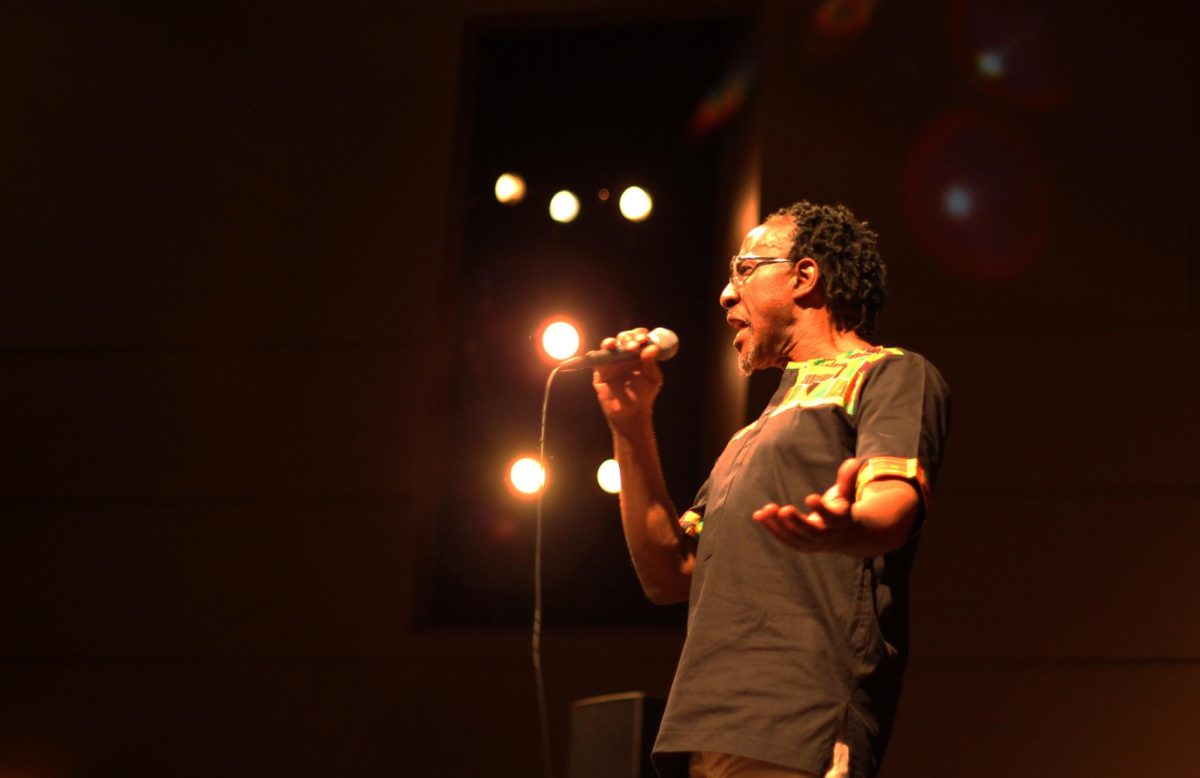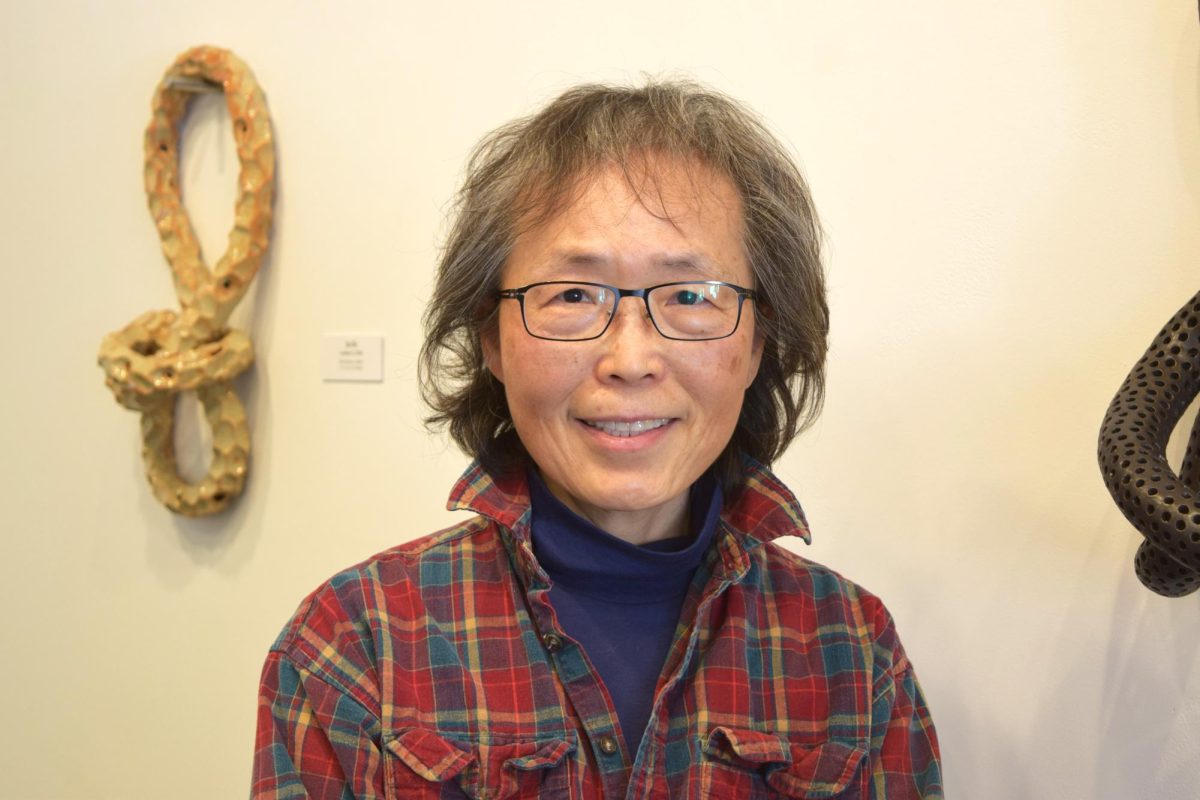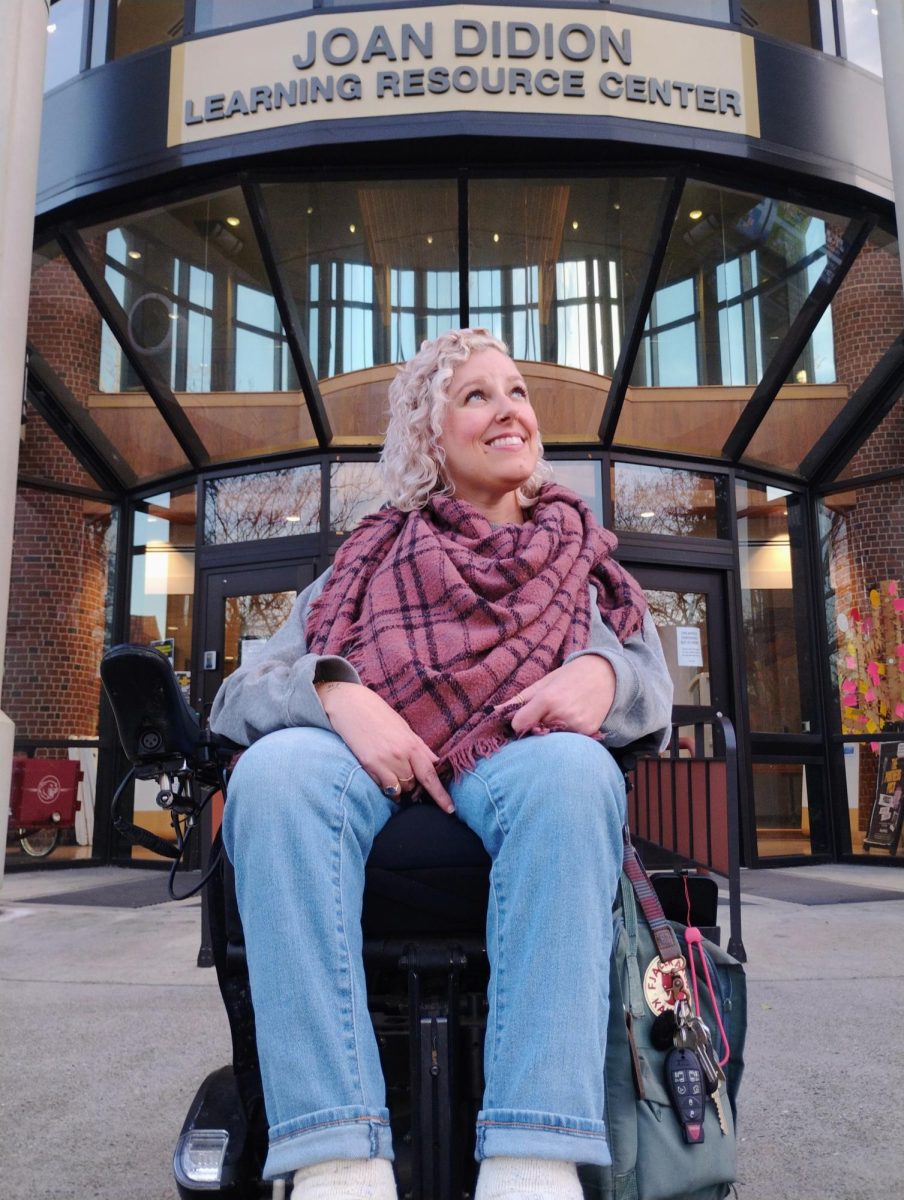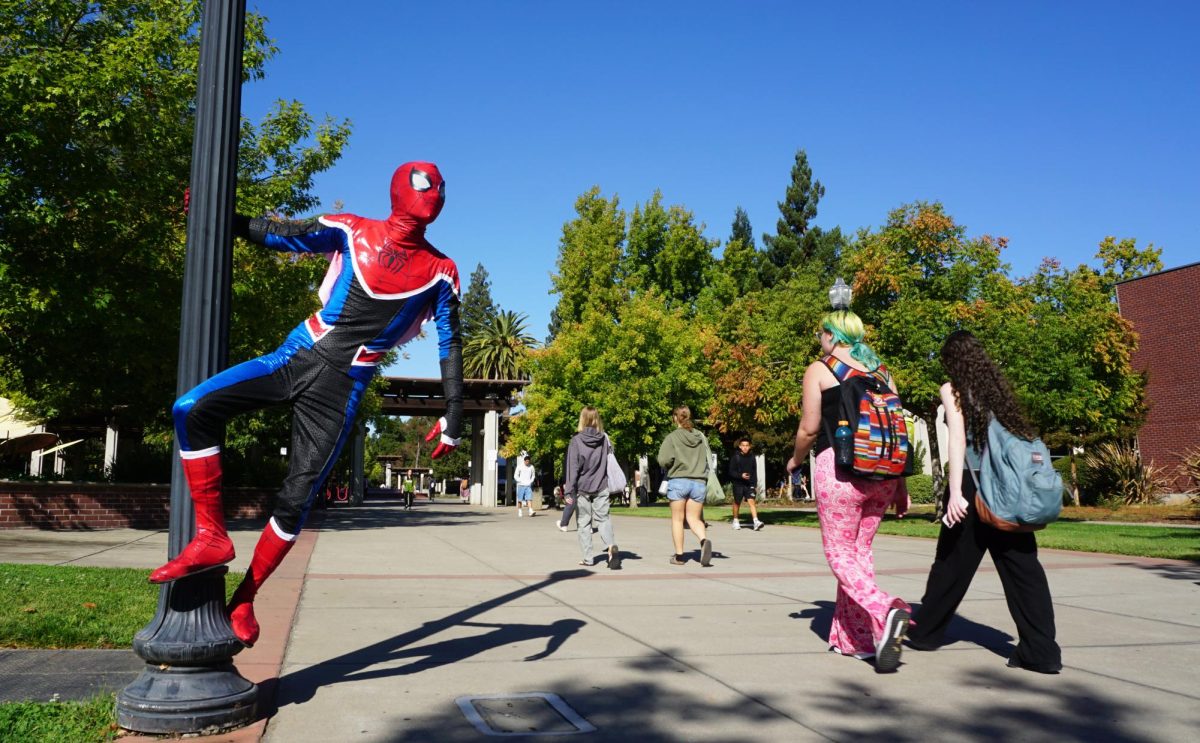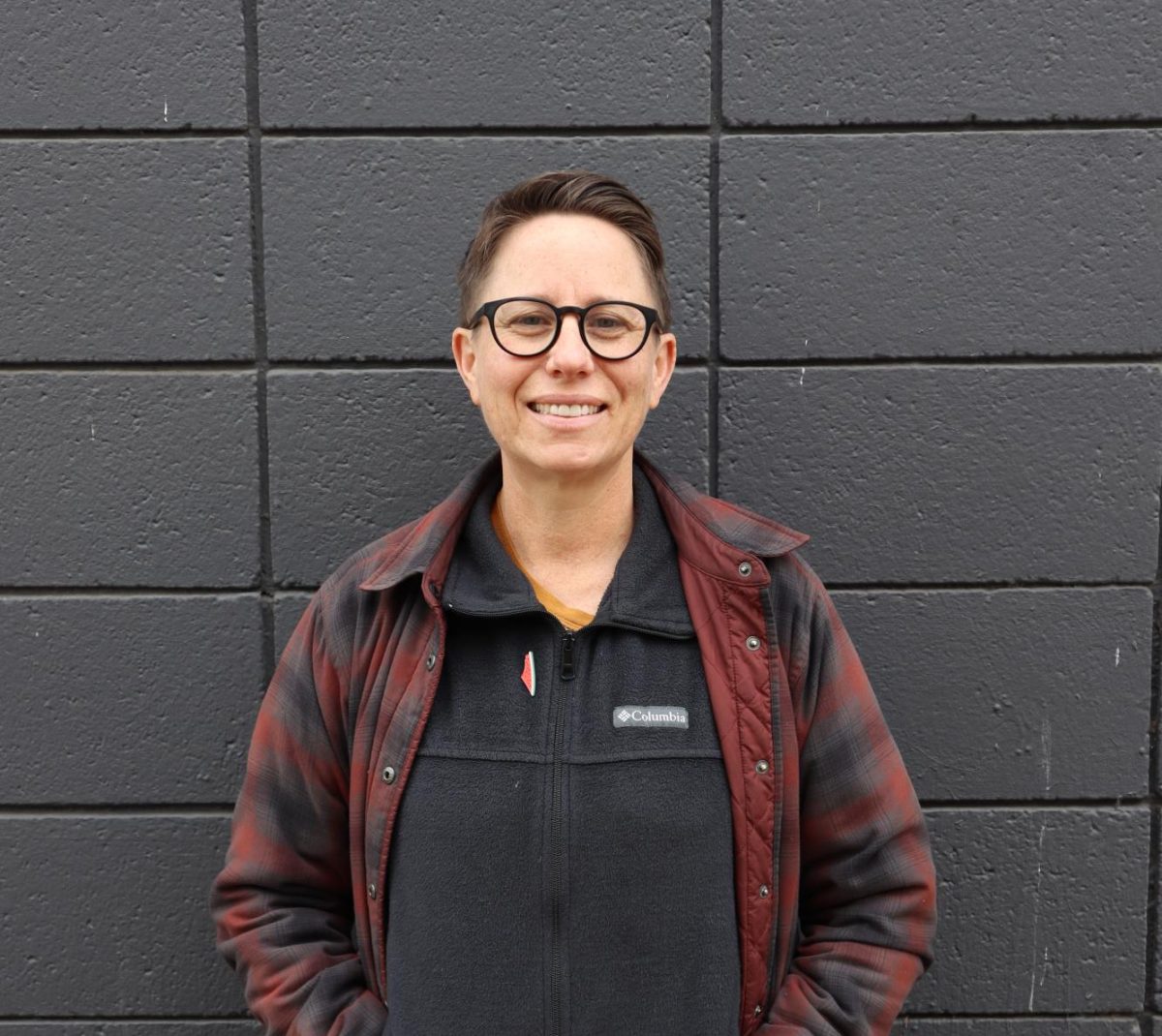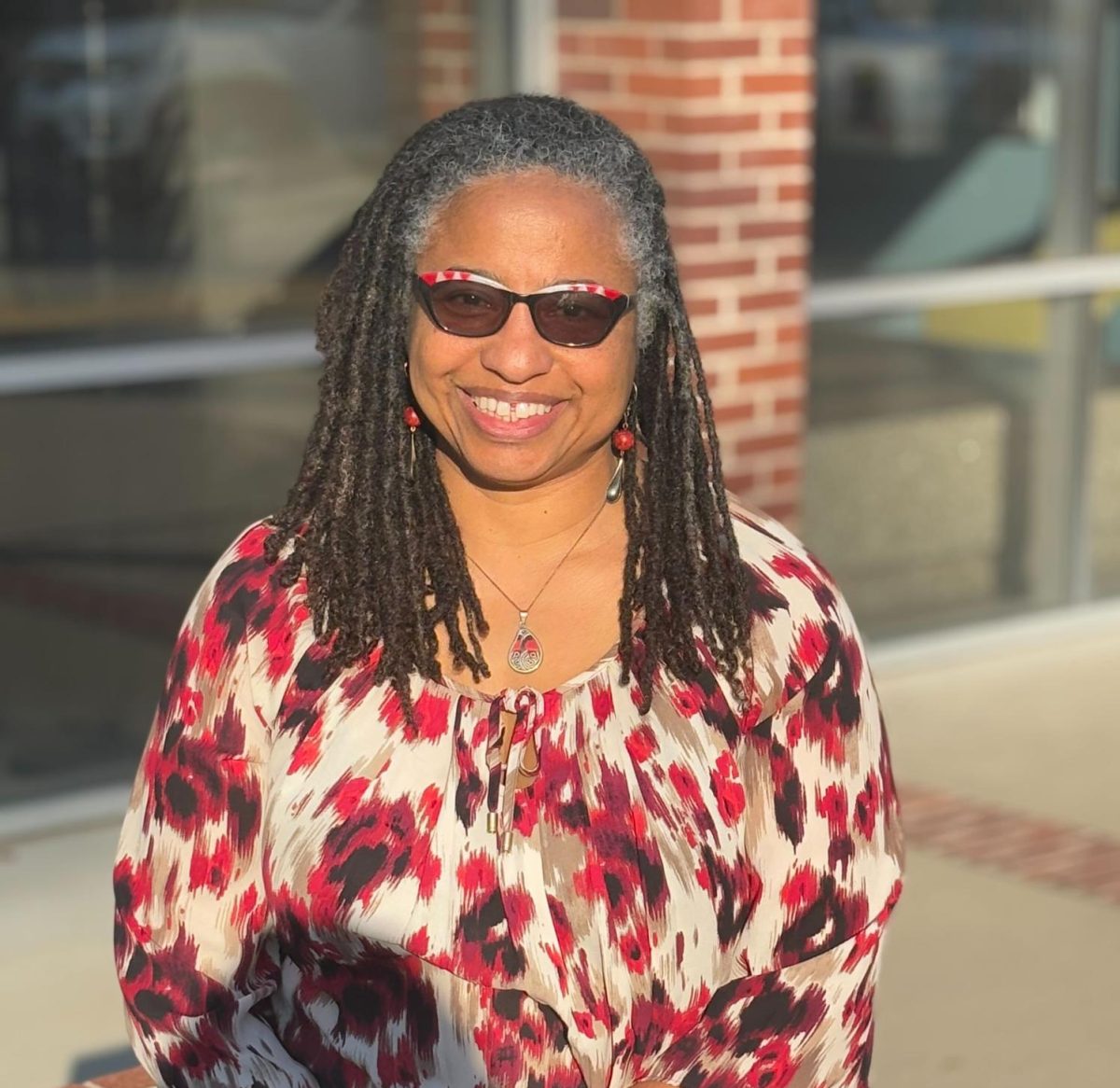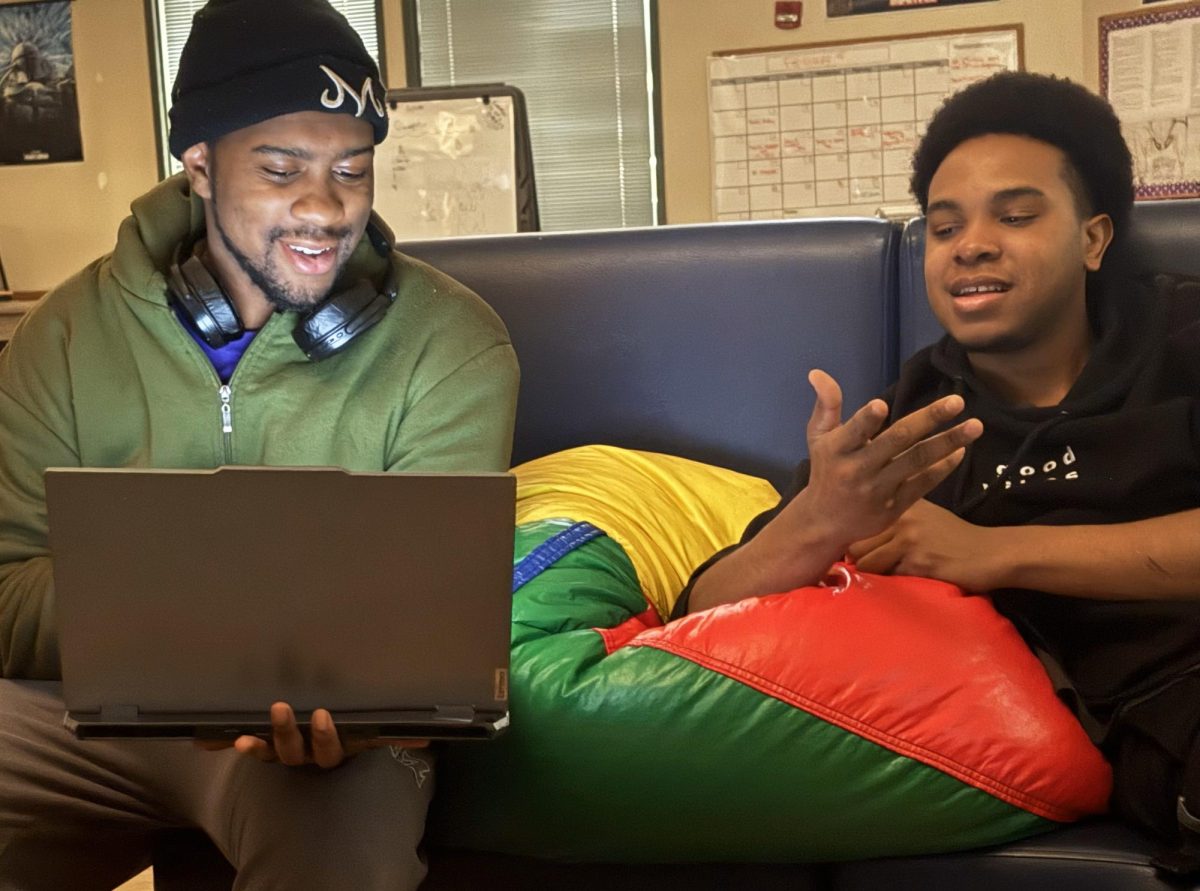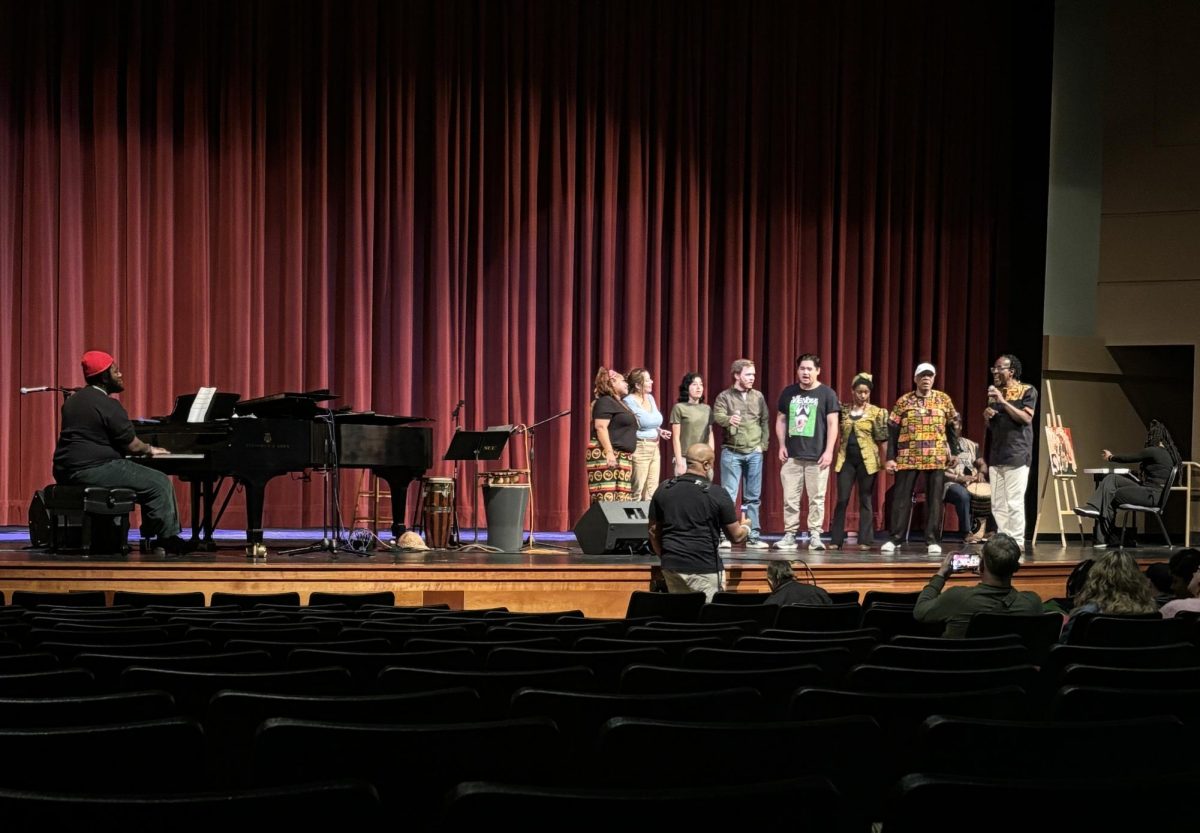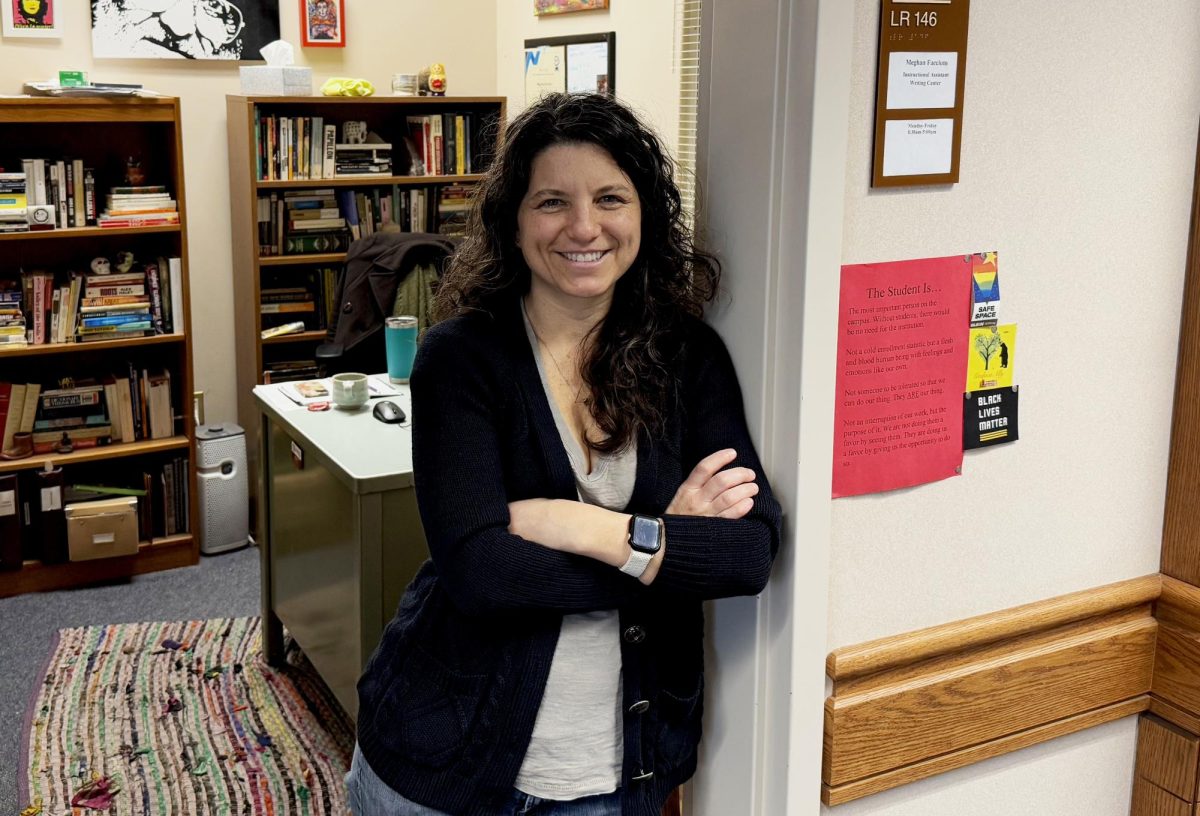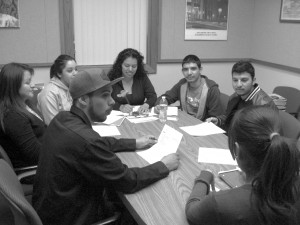
Community colleges like City College provide educational opportunities for students to fulfill their hopes and aspirations. There are, however, Dreamers among the student body who quietly go about pursuing their dreams of citizenship.
These students with temporary resident status are conditioned by circumstances to blend into the fabric of campus life, but in the wake of Deferred Action for Childhood Arrivals (DACA), the need for anonymity has given way to new options and a chance for openness, according to some DACA students who attend City College.
With a goal of raising awareness of the plight of students with temporary resident status and other residents without legal permission, these students formed a group called Alianza—Spanish for “alliance”—an organization dedicated to the hope of channeling the voices of a part of the City College student body that feared speaking out only a year ago.
The name Dreamer refers to student supporters of the failed 2012 Federal DREAM Act, as well as to students covered by the California DREAM Act, as California State Assembly bills 130 and 131 are collectively known. After the passage of AB 540 in 2001, which allowed students with temporary resident status access to higher education, AB 130 and AB 131 passed in 2011 and made financial aid available to those students, as well.
“It was kind of a crazy idea that then started going, little by little,” said City College student and one of the creators of the group, Marisela Hernandez. The group meets weekly and has already started hosting events on campus. Hernandez, together with Ernesto Gutierrez, Violeta Urizar and other City College Dreamers, founded the group as an umbrella organization to support all the projects and ideas that they came up with in the wake of receiving DACA approval, said Hernandez.
They soon realized it would be better “to have a recognizable name that people will know. ‘Oh, Alianza, OK, so I could go there for help,’ ” Hernandez explained, noting that while Napa and Los Angeles already have similar organizations, “in Sacramento there’s nothing like that.”
Alianza’s goal is to help students by bringing them together, being a source of information, and putting together workshops and scholarships to cover the cost of books, transportation, food and other expenses that aren’t covered by traditional financial aid, Hernandez said.
City College student Angelica Garcia said she feels she has a responsibility to guide other students who may be struggling.
“Even though we make it in the system,” said Garcia, “it’s always a need to go back and to let people know that we are a helping hand and that we will help them.
“A lot of people aren’t informed, and it’s good to spread information, not just keep it to ourselves, and just set stepping stones for others to make it easier to walk that pathway,” Garcia continued.
On March 21, the group hosted a viewing of the short film “Shattered” in the Learning Resource Center. The movie, directed by Jaime Gonzalez and presented by the Latino Policy Coalition, highlights the case of children separated from their parents when the latter are subject to deportation.
After the show, Alianza members circulated a petition at the event calling for a national reunification registry to reunite U.S.-born children whose parents have been deported. Many of these children are currently in the U.S. foster care system, according to the Latino Policy Coalition website.
For many of the group’s members, it has been less than six months between applying for DACA approval for themselves and coordinating petition drives on behalf of others, Hernandez pointed out.
“It was just a dream—I don’t know how to explain it—a dream that seemed too far to reach,” said Urizar on the journey from DACA approval to getting her own Social Security number and California state identification
card.
“I’m studying for my driver’s license now,” said Urizar. “I mean, these are words I never thought I would ever be able to say. If anyone told me five years back when I was in high school, ‘You’re going to be able to feel happy or free,’ I would not believe it.”
At a recent meeting, the group discussed plans to put on a series of workshops for DACA students at area high schools and colleges to provide support and information to those who are thinking about applying or are currently navigating the DACA application process.
“When I was in high school, I didn’t have any information regarding [the various state and federal policies] or anything that helped undocumented students,” Gutierrez explained. “I was completely ignorant. There was no one there to help me. So if there is a way I believe that I can help other students to not go through the same path I went through, because it was really tough, I’ll gladly do it.”
Alianza is also holding a fundraising dinner to honor retiring City College Counseling and Student Success Dean David Rasul on April 25 at 5:30 p.m. at the Sol Collective. The event will feature Aztec dancers and a silent auction. The group hopes to raise money for a David Rasul honorary scholarship through the event, selling tickets for $25, Hernandez said.
The group is documenting its inaugural year in a book that will include artwork, member profiles, its community service work and the history behind Alianza and the larger movement of Dreamers, Hernandez revealed.
“I’m not scared of running this organization because I know a lot of people don’t agree with us, but I also know there’s a lot of people that do agree with us, that are willing to help us,” Hernandez said.
As of March 14, 2013, the United States Department of Citizenship and Immigration Services received 469, 530 applications, with 245,493 approved since the program began in August 2012.
California has the largest applicant pool of any state, with 128,412 students with temporary resident status and veteran applicants, according to USCIS statistics.
But Alianza is looking beyond DACA, and toward a long-term solution to the temporary status DACA confers, according to the organization’s members.
“We’re really, really close [to a larger solution],” Hernandez said, noting the change in tone of the national debate on immigration. “Everybody is fighting, for the [federal] DREAM Act or for the legalization path, but everybody is doing it on their own, and now the point is to get together and really force the government to do something for us.”
Students interested in contacting Alianza can call(916) 650-2994 or email alianza_alliance@hotmail.com for more information on upcoming events and activities.




